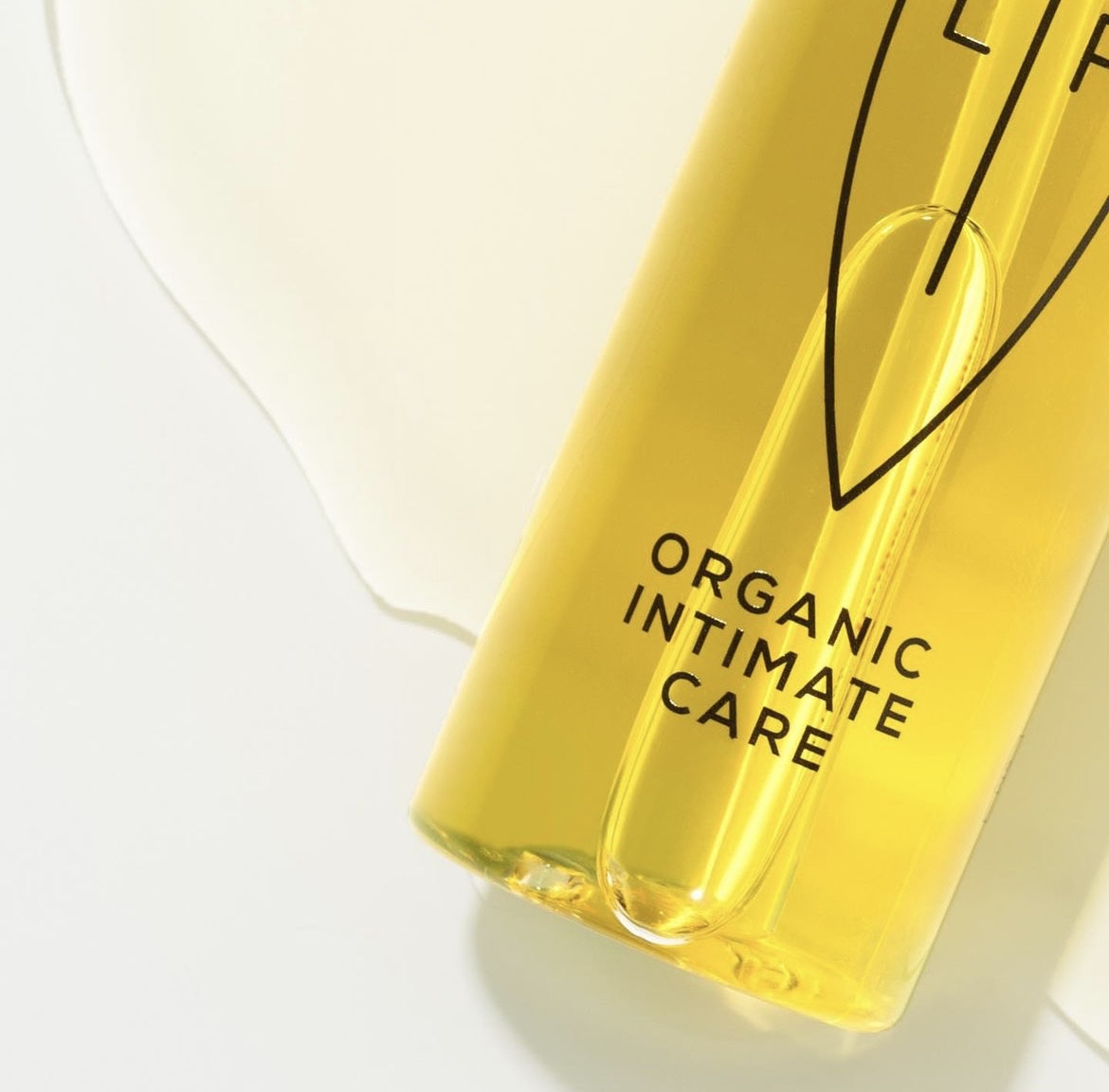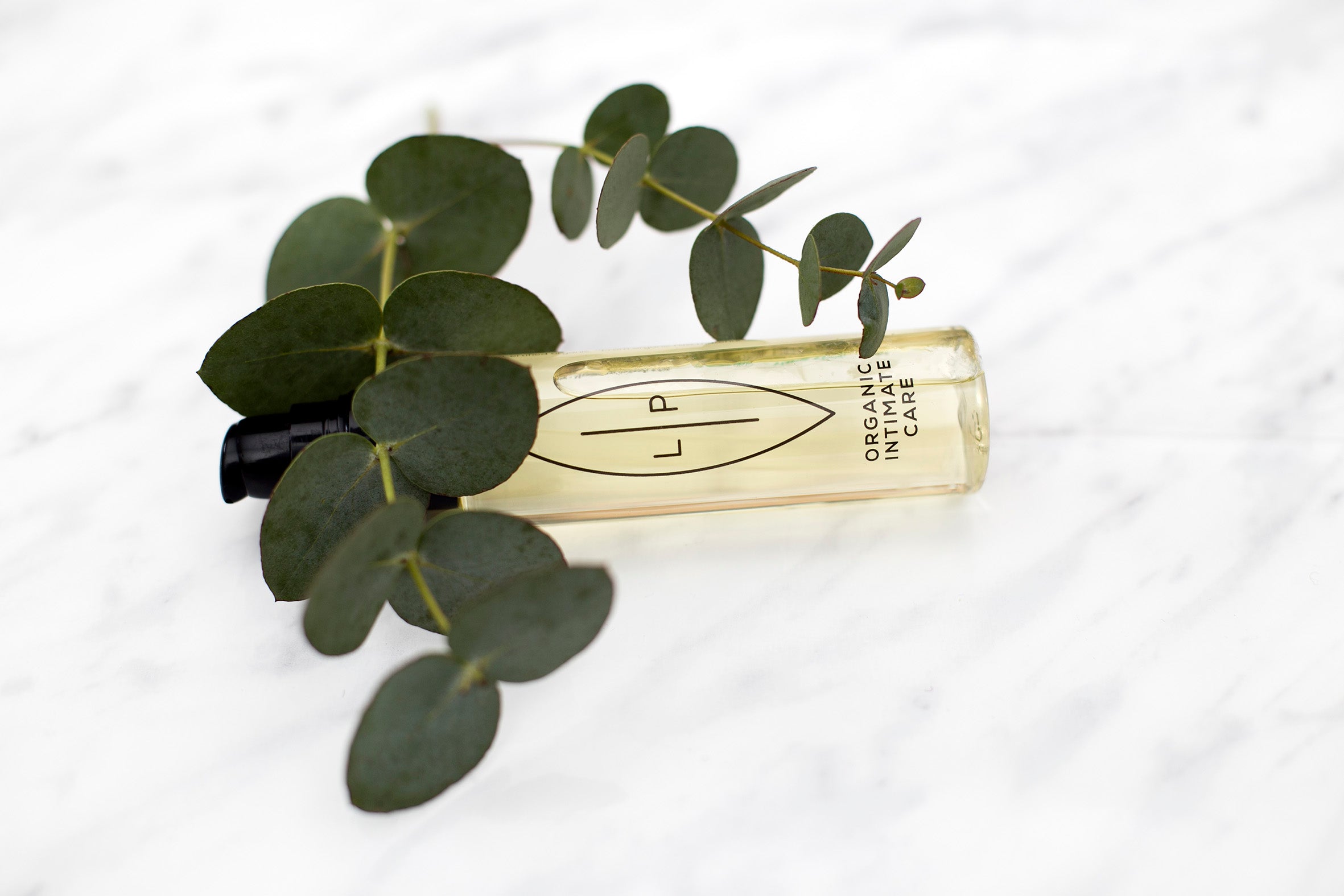One in every four couples in developing countries have been found to be affected by infertility, according to WHO.
It is so much more common than you may think, but what we don’t do enough, is to talk about it. Unfortunately, we tend to shy away from discussing it openly. There is a sense of shame, taboo or embarrassment about the situation, leading many to keep their struggles hidden even from those closest to them.
 At Lip Intimate Care, we are all about breaking taboos and confronting the uncomfortable conversations. Shedding light on these matters not only dispels shame but also empowers individuals with knowledge. After all, carrying shame is one of the heaviest burdens we can bear as humans.
At Lip Intimate Care, we are all about breaking taboos and confronting the uncomfortable conversations. Shedding light on these matters not only dispels shame but also empowers individuals with knowledge. After all, carrying shame is one of the heaviest burdens we can bear as humans.Research has shown that these group of women have an imbalance in their vaginal and endometrial microbiota with a reduced presence of Lactobacillus. Additionally, pathogenic bacteria have been identified in these cases. This research is confirmed by many scientists and medical professionals. Rebecka Kaplan, specialist in gynecology and obstetrics and our medical expertise confirms:
“Research studies indicate that an unfavorable composition of the microbiota in the vagina and uterus may be linked to reduced fertility, an increased risk of miscarriage, and a higher likelihood of premature birth. The bacterial flora in the vagina and uterus plays a crucial role in the survival of sperm, the attachment of the fertilized egg to the uterine lining, and in protecting the fetal membranes, the baby, and the placenta from ascending infections.”
We still have a lot to learn in this area. But one thing we do know for sure is that it's very important not to mess with the natural balance of our vulva and vaginal microbiota. The vulva is the first line of defense, protecting the way into the vagina and uterus. What you apply to your vulva directly impacts the vagina.

